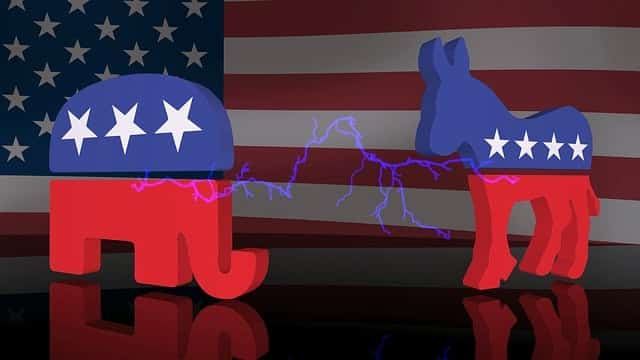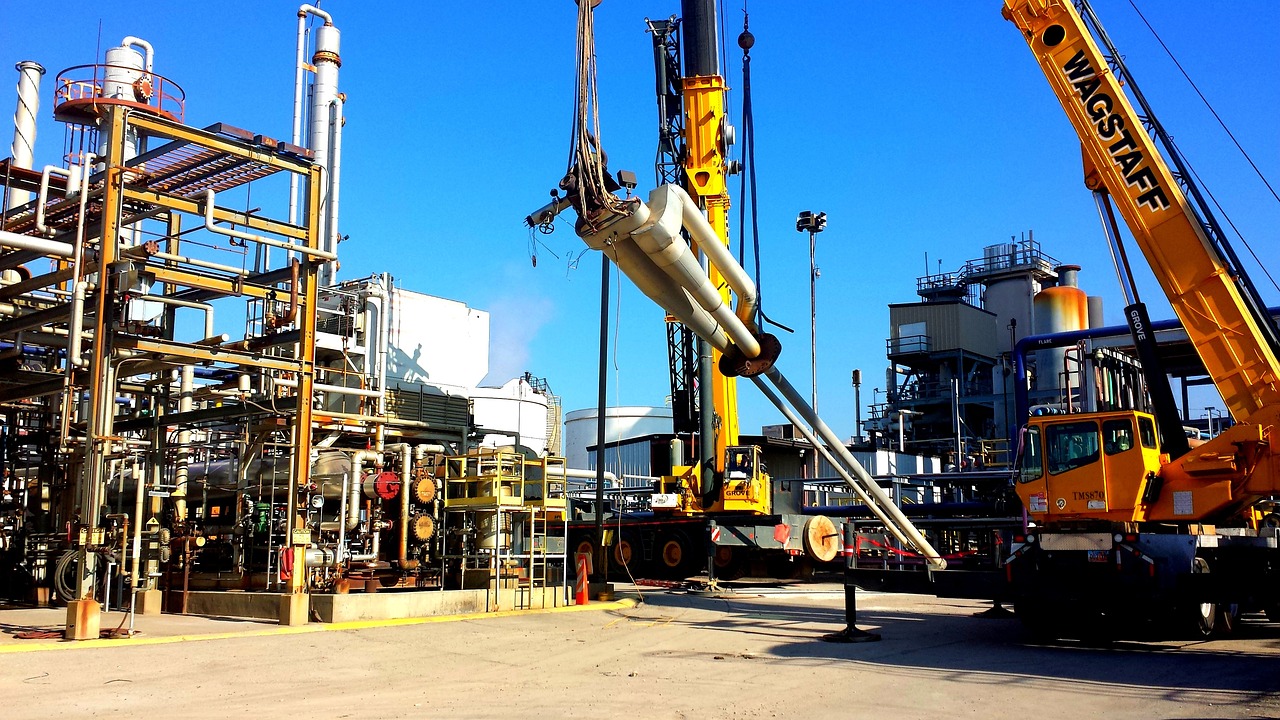How each outcome could potentially impact the seed industry.
Listen, I’m not trying to sway you either way. I stood in line to vote early on a Thursday afternoon. Officials at my small-town polling place said the line had been one or two hours long all day. People on both sides of the aisle say this election is “the most important in our lifetime.” I think every election is arguably the “most important in our lifetime,” because each time we can go to the polls in a free election, we should take that responsibility seriously and think through each mark we make on that paper or screen.
While I was waiting in line, I was thinking a lot about how the election outcome could affect all of us, and particularly, our seed industry. I came home and started researching and here’s the lists I came up with in an effort to remain unbiased in my approach.
The Potential Impact of President Harris on the Seed Industry
- Climate and Environmental Policies: With Harris’s focus on climate action, the seed industry could see an uptick in incentives for sustainable practices, regenerative agriculture and eco-friendly seed solutions. This may encourage companies to invest in seed varieties that support carbon sequestration and reduce environmental impacts.
- Support for Innovation and Biotechnology: Harris’s likely openness to scientific advancements could favor seed innovation, particularly in climate-resilient crops and advanced breeding techniques. Increased federal support for research and development in agri-tech might lead to more public-private partnerships, benefiting seed companies that emphasize innovation.
- Trade and Global Relations: Harris may lean toward strengthening global trade relationships and lowering tariffs, creating more opportunities for U.S.-based seed companies in international markets. This could foster growth for companies exporting to regions where demand for U.S. seed products is high, enhancing market diversity and revenue streams.
- Diversity, Equity, and Inclusion Initiatives: Harris might prioritize DEI policies that impact labor practices and workplace standards, possibly leading to new hiring practices and incentives that promote workforce diversity. Seed companies may benefit from a broader pool of talent and new perspectives, especially in research and fieldwork.
- Higher Costs for Labor and Compliance: With Harris likely to advocate for higher minimum wages and expanded worker protections, seed companies may face increased labor costs, especially those that rely on seasonal or agricultural labor. Compliance with new labor standards, such as overtime or benefits, could add to operational expenses.
- Increased Scrutiny on Genetic Engineering and GMOs: Harris’s focus on consumer transparency and environmental impacts could lead to stricter labeling and testing requirements for genetically modified crops. This may increase costs for companies using genetic engineering technologies and add more steps in the approval process, potentially slowing product rollouts.
- Potential Tax Increases on Corporations: Harris may support tax reforms aimed at increasing corporate tax rates to fund social programs, which could impact the profitability of large seed companies. Companies could see a reduction in after-tax income, potentially affecting their ability to reinvest in R&D and expansion efforts.
- Challenges with Export Market Adjustments: While global trade could improve, Harris’s focus on environmental standards could make certain markets more competitive, especially in regions with lower-cost agricultural exports. Seed companies that rely on exporting to markets with fewer environmental restrictions might need to adjust their offerings or production methods to remain competitive.
Overall, President Harris’s administration could boost the industry’s alignment with climate goals and global market expansion, though it might require adapting to stricter environmental and labor standards.
The Potential Impact of President Trump on the Seed Industry
- Regulatory Changes: Trump’s potential focus on deregulation could impact areas like pesticide approvals, genetically modified organisms (GMOs), and environmental standards. Seed companies might face fewer regulatory barriers, potentially speeding up the release of new products, but raising concerns about environmental impacts and market stability.
- Trade Policies: With a likely focus on strong, America-first trade policies, Trump’s presidency might bring back or reinforce tariffs and trade barriers. This could benefit domestic seed producers who focus on U.S. markets but create challenges for those reliant on export markets, especially in regions like Asia and Europe.
- Labor and Immigration: Trump’s approach to tightening immigration could affect labor availability, particularly for seed farms relying on seasonal labor. Seed production might face new constraints, raising costs for those depending on immigrant workforces and impacting the supply chain.
- Energy and Sustainability: Likely to support fossil fuel industries, Trump’s presidency might deprioritize incentives for sustainable practices. This could hinder the growth of sustainability-focused initiatives within the seed industry and affect consumer demand, especially from companies that prioritize environmental impact.
- Protection of Intellectual Property (IP): Trump has been vocal about protecting American IP rights, which could benefit seed companies concerned about protecting their patented technologies, particularly in international markets. Stronger enforcement against IP theft and infringement may give companies more confidence in international business.
- Resilience in Domestic Supply Chains: A focus on “Buy American” policies might drive increased demand for domestically produced seed, incentivizing companies to invest more in local production. This could reduce dependence on global supply chains, making the industry more resilient to international disruptions and trade issues.
- Tax Policies Favoring Corporations and Agribusiness: Trump’s administration is likely to continue or expand tax cuts for corporations, potentially resulting in lower taxes for seed companies. This would free up capital for investment in infrastructure, research, and technology, which could help businesses scale more quickly.
- Infrastructure Development: Trump has advocated for significant infrastructure projects, which could benefit seed companies by improving transportation networks. Better roads, railways, and ports would streamline supply chains, potentially lowering costs associated with transporting seed and other agricultural inputs.
Overall, with a Trump administration, seed companies may experience both advantages, like simplified regulations and strengthened U.S. market protections, and drawbacks, such as higher labor costs and limited sustainability incentives.
This is the way I see, based on my observations. Maybe you have made similar lists with our industry in mind? Mind sharing them with me? I’m always looking to learn as much as I can, and your perspective is very important to me and to Seed World. We’re all in this together! Obviously, we’ve all got a list of criteria that we use to make our voting choices that goes far beyond our businesses . And if you’re not doing that, why not?













